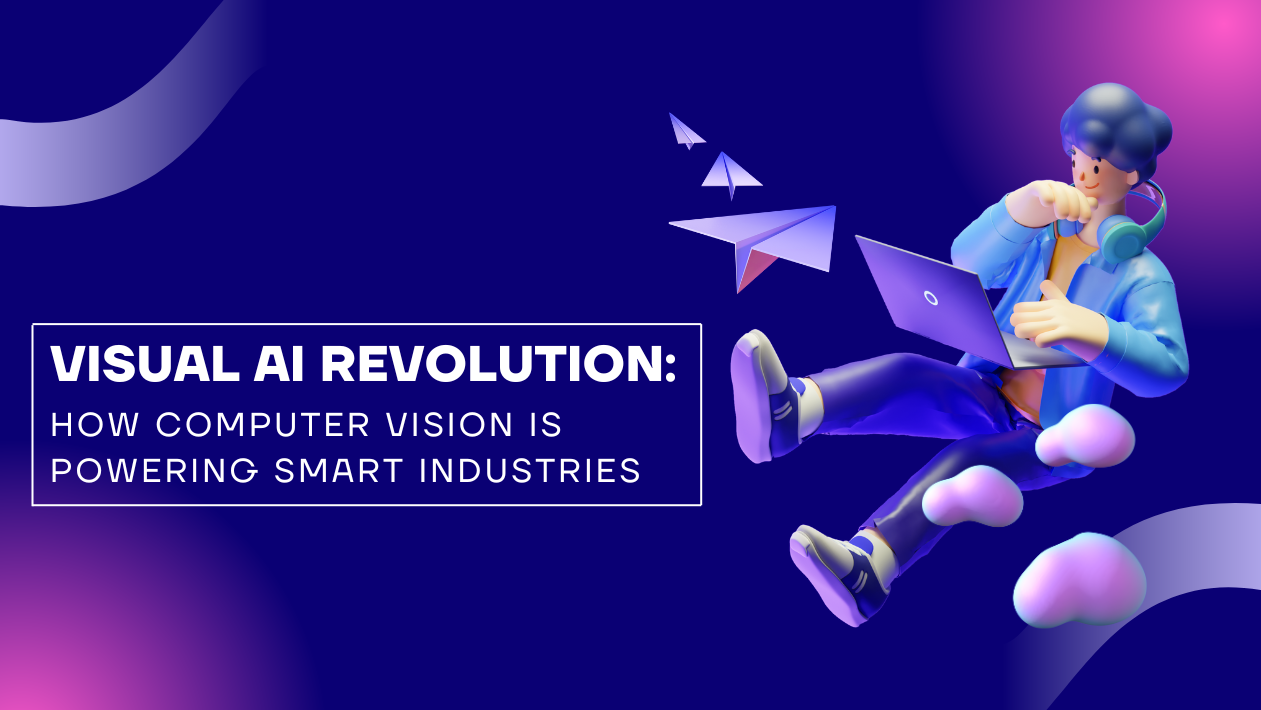Investment banking is experiencing a paradigm shift in 2025, with artificial intelligence (AI) playing a pivotal role in transforming operations, client services, and strategic decision-making. AI technologies are enabling investment banks to analyze complex datasets, identify market trends, and deliver personalized client experiences.
One of the key applications of AI in investment banking is in market analysis and trading strategies. Machine learning algorithms process vast amounts of financial data to detect patterns, forecast market movements, and optimize trading decisions, enhancing profitability and risk management.
AI-driven tools also support deal origination and due diligence processes. By analyzing financial statements, market data, and industry trends, AI systems assist bankers in identifying potential acquisition targets, assessing valuation metrics, and conducting comprehensive risk assessments.
Client relationship management has been elevated through AI-powered platforms that provide personalized insights and recommendations. These tools analyze client portfolios, investment preferences, and market conditions to deliver tailored advice and strengthen client engagement.
The Tech Whale offers AI solutions designed for investment banking, including advanced analytics platforms, client intelligence tools, and automated reporting systems that enhance operational efficiency and client satisfaction.
Compliance and regulatory reporting have become more streamlined with AI. Natural language processing and machine learning algorithms automate the monitoring of transactions, detect anomalies, and ensure adherence to regulatory requirements, reducing compliance risks.
AI also facilitates sentiment analysis by evaluating news articles, social media, and analyst reports to gauge market sentiment and inform investment strategies.
In mergers and acquisitions, AI assists in identifying synergies, evaluating integration challenges, and modeling financial outcomes, supporting more informed decision-making.
The integration of AI in investment banking requires robust data governance frameworks to ensure data accuracy, security, and ethical use.
Employee training is essential to equip bankers with the skills to interpret AI-generated insights and integrate them into their workflows effectively.
AI technologies also support stress testing and scenario analysis, enabling banks to assess the resilience of portfolios under various economic conditions and regulatory scenarios.
Furthermore, AI enhances operational efficiency by automating routine tasks such as report generation, data entry, and client onboarding processes.
As AI continues to evolve, we can expect further advancements in areas like quantum computing for complex financial modeling and the use of AI in environmental, social, and governance (ESG) investment analysis. In summary, AI is transforming investment banking by enhancing analytical capabilities, improving client services, and streamlining operations. Firms that leverage AI technologies are better positioned to navigate the complexities of the financial markets and deliver superior value to their clients.





